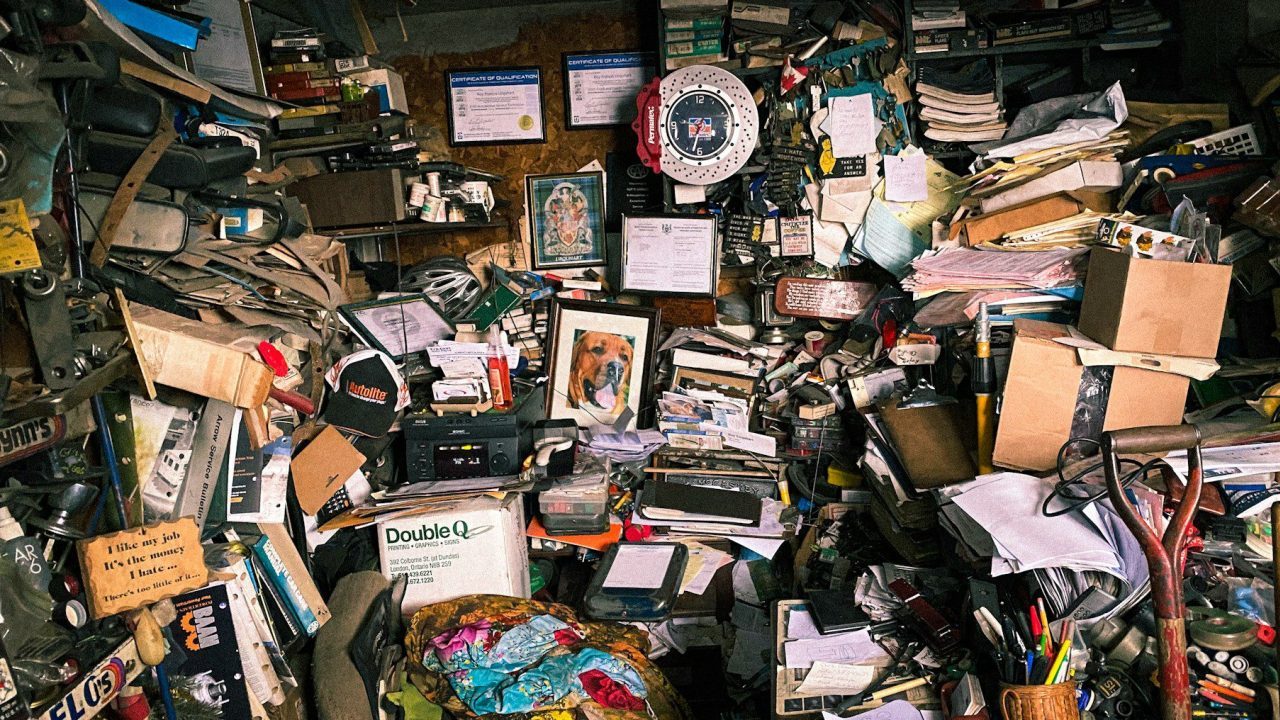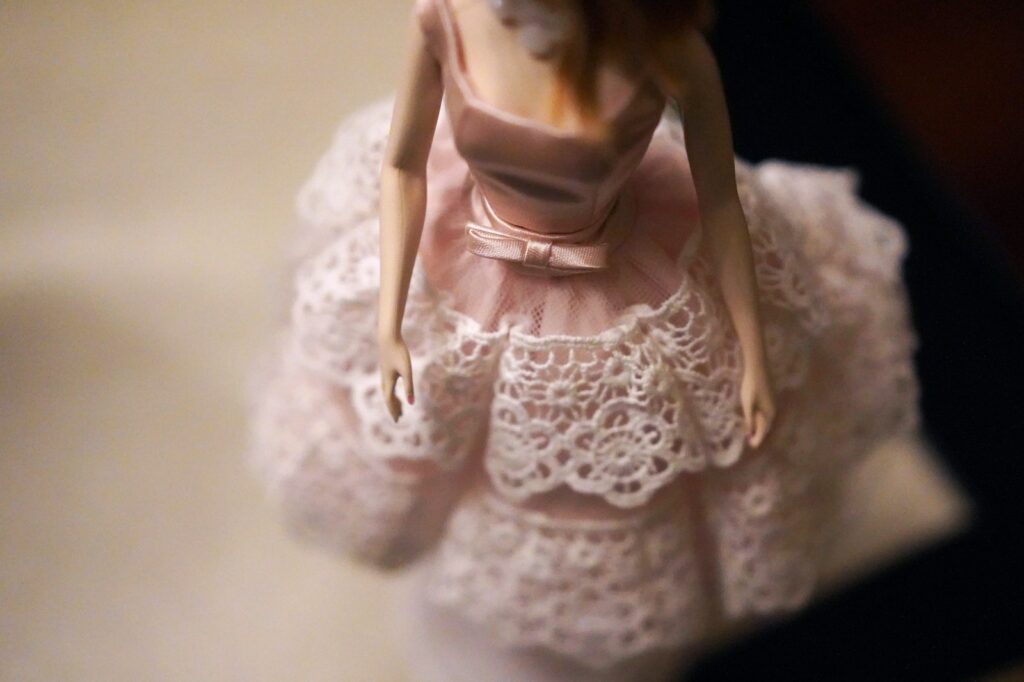Decluttering can feel like a simple task, but it often ends up being more frustrating than freeing. You start with good intentions, but somehow, your efforts don’t stick, and your space stays cluttered. Understanding why your attempts keep falling short is the key to making real progress.
The main reason your decluttering efforts keep failing is that there are common obstacles and mistakes people usually don’t notice. Once you recognize these, you can adjust your approach and finally see lasting results.
Starting with too big of a mess all at once

When you try to tackle too much at once, it can feel overwhelming. You end up stuck because the project looks impossible to finish.
Breaking it down into smaller, manageable areas helps a lot. Pick one spot, finish it, then move on. This way, you see progress and stay motivated.
Trying to handle everything in one go often leads to burnout. Taking it step-by-step makes decluttering easier and less stressful for you.
Not having a clear decluttering plan

If you don’t have a plan, it’s easy to get overwhelmed and stuck. You need a simple step-by-step approach to keep yourself on track.
Start by deciding where to begin and set small goals. Without clear targets, you might waste time or get frustrated.
A plan helps you focus on one area at a time. Otherwise, you could feel all over the place and give up before you finish.
Trying to declutter without setting priorities

If you jump in without deciding what matters most, your decluttering can quickly feel overwhelming. You might waste time on small stuff while the big problems stay untouched.
When you set clear priorities, you know exactly where to focus first. This makes the whole process smoother and less frustrating.
Without priorities, it’s easy to get stuck or give up because the project feels endless. Start by choosing one area or type of item to tackle.
Going through everything you own in one go

Trying to tackle all your stuff at once can feel overwhelming. When you look at every single item, it’s easy to get stuck or give up.
Instead, break your space into smaller areas. Focus on one drawer, shelf, or category at a time. This way, you avoid burnout and keep things manageable.
You’ll feel more motivated when you see quick progress. It’s less about speed and more about steady steps forward.
Doing too much planning and no action

You can get stuck making detailed plans for decluttering and never actually start. It feels productive, but it’s really just delaying the actual work.
Sometimes you think you need the perfect strategy before you begin, but waiting for that only wastes time.
The key is to start with small steps. Even a little progress makes a difference and keeps momentum going. Don’t let planning become an excuse to avoid doing the work.
Ignoring broken organizing systems

If your organizing system isn’t working, it’s probably time to change it. Holding onto the same setup that frustrates you won’t fix the clutter.
You might have bins or drawers that don’t fit your stuff or aren’t easy to use. That leads to things piling up or getting tossed where they shouldn’t be.
Fixing or replacing your system helps make organizing feel less like a chore. When it’s simple and functional, you’ll be more likely to keep it neat.
Failing to reset and reassess your progress

You might start strong but forget to check in on how far you’ve come. Without pauses to reassess, you can lose motivation or stick to methods that don’t work for you.
Taking time to reset helps you see what’s working and what’s just wasting energy. It lets you adjust your plan and keep things manageable.
Regularly reassessing keeps your efforts realistic and prevents burnout. Don’t be afraid to slow down and rethink your approach when needed.
Using clutter as a coping mechanism

You might be holding onto clutter because it feels like a way to deal with stress or emotions. Sometimes, stuff represents memories or comfort, making it hard to let go.
When you use clutter to cope, it can keep you stuck in the past. This makes it tougher to move forward or create a cleaner space.
Recognizing this habit helps you understand why decluttering feels so challenging. Once you do, you can start finding healthier ways to handle your feelings.
Feeling overwhelmed and drained quickly

You might feel overwhelmed because decluttering requires constant decisions, which can drain your energy fast. Trying to handle too much at once only makes it harder to keep going.
When you don’t have a clear plan, things can feel chaotic and exhausting. Taking small steps helps prevent burnout and keeps you motivated.
If you notice your energy dipping, it’s okay to take breaks and come back later. Pushing through when you’re drained often slows progress instead of speeding it up.
Thinking more storage solves clutter problems

You might think adding more shelves or bins will fix your clutter issues. But often, it just hides the problem instead of solving it.
If you keep buying storage without reducing what you own, your space fills up again quickly.
Focus first on sorting and letting go of things you don’t need. Storage only works when you have less stuff to manage.
Lack of motivation to physically start

Sometimes, you just don’t feel like getting up and tackling the clutter. It can seem overwhelming or boring, and that makes it hard to take the first step.
You might think you need the perfect time or mood to begin, but waiting often means never starting. Starting small, even for just five minutes, can help build momentum.
Remember, motivation doesn’t always come first—you create it by doing something, no matter how small.
Not breaking the task into smaller chunks

If you try to tackle decluttering all at once, it can quickly feel overwhelming. You might end up procrastinating or giving up because the task seems too big.
Breaking the job into small, manageable steps helps make the process less scary. You can focus on one drawer, shelf, or even just five minutes at a time.
When you divide the work, it’s easier to see progress. Small wins keep you motivated and stop the clutter from piling up again.














